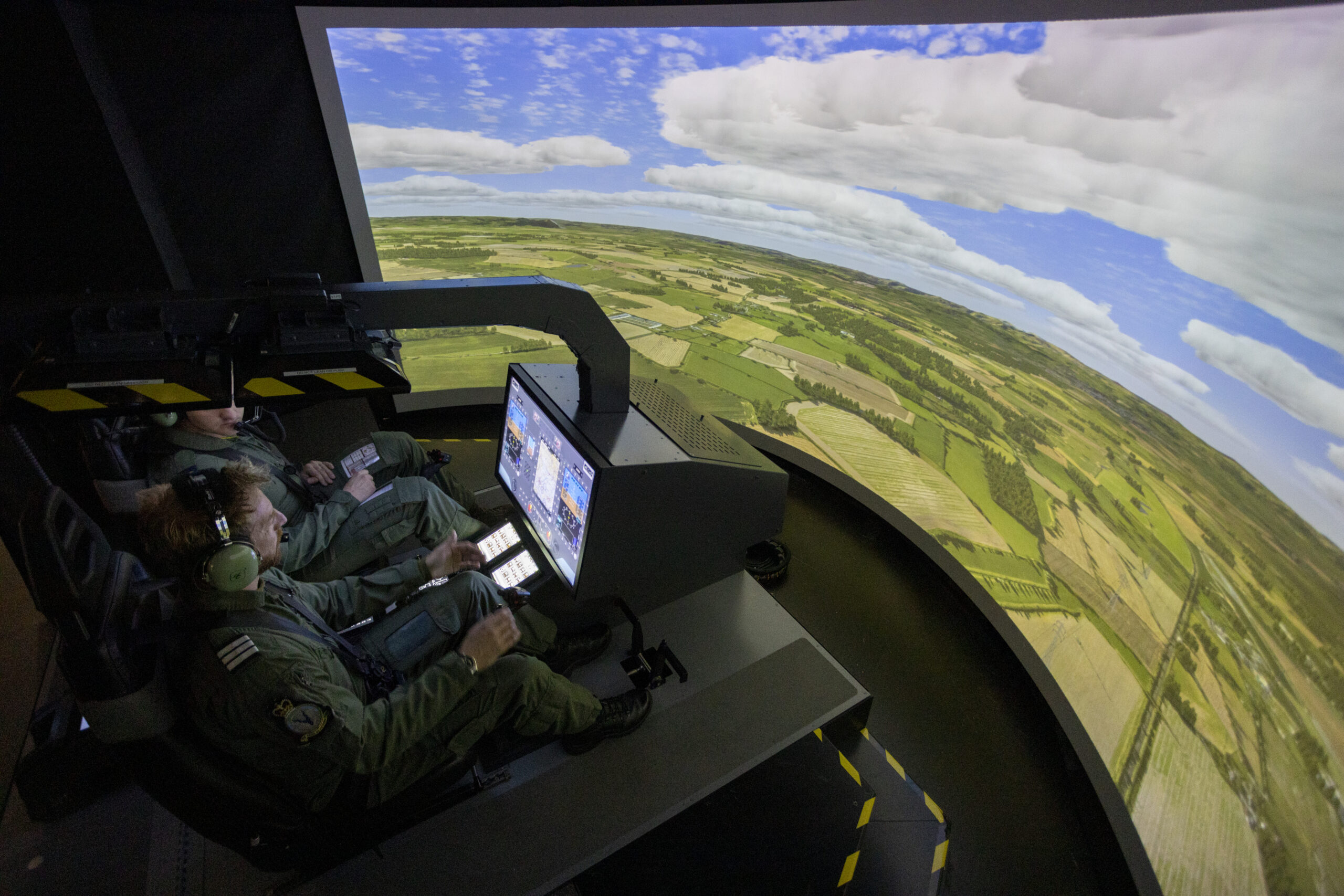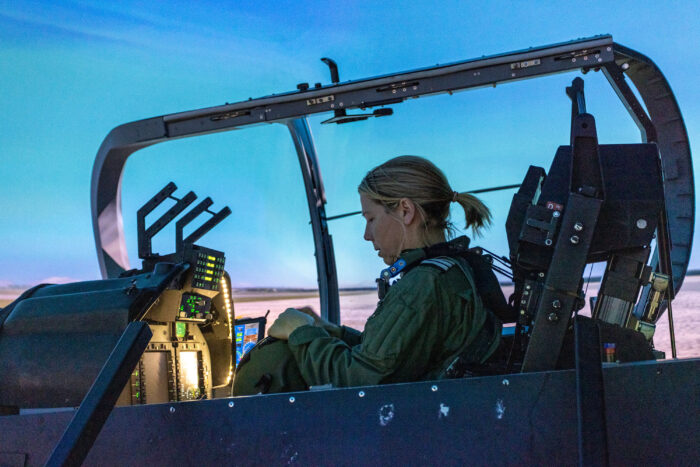Ascent celebrates 100,000 simulator hours

Ascent is celebrating 100,000 hours of simulator training. The milestone was reached across the UK’s military flying training system (UKMFTS) and reflects the importance of synthetic training in readying graduates for front line roles.
Ascent Managing Director, Tim James, said: “Congratulations to the joint UKMFTS team for reaching this fantastic milestone. We are constantly seeking to exploit latest simulator technologies to accelerate student learning.”
Ascent runs more than 100 synthetic training devices – from full flight simulators to desktop programs – as a core part of its training solutions. This makes Ascent one of the largest providers of simulated environments to the armed forces.
These devices are supported by a dedicated workforce of over 50 Lockheed Martin staff, along with a supply chain that is now over 50% sourced from the UK. The recent addition of rear crew stage 1 simulators to this portfolio will further increase this figure, as this device is over 80% sourced in the UK and supported by UK-designed courseware.
Ascent continues to grow its synthetic capabilities. Earlier this year, a new building extension at RAF Valley was officially opened, as part of a £175m investment by the MOD into Ascent’s delivery of basic flight training within UKMFTS.
This new Strategic Defence and Security Review (SDSR) building will house a Texan dome simulator, a flying training device built by Lockheed Martin. This device is currently being installed at RAF Valley and is expected to enter service before June 2024. The SDSR project is designed to increase basic flight training throughput of trainee pilots by almost 50%, reinforcing our commitment to providing global turnkey training solutions.
MP for Ynys Môn, Virginia Crosbie commented: “Many congratulations to Ascent for reaching this impressive milestone. Its work is vital to defending our country and its interests and it is happening in large part because of a £175m UK government investment in pilot training facilities at RAF Valley.
“Tuning into the news daily shows just how many challenges the world faces due to conflict and it is reassuring that this top-quality programme is taking place to train our future pilots to defend us, if they are so called upon to do so.”
Ascent continues to push the boundaries of training and in conjunction with Lockheed Martin we are working with the MOD to explore the potential of new capabilities such as augmented and virtual reality.
These capabilities have the potential to give aircrew enhanced training in benign environments, without compromising the quality of our output, which is essential for the defence of UK national interests.


